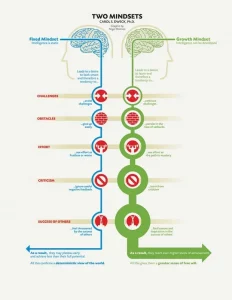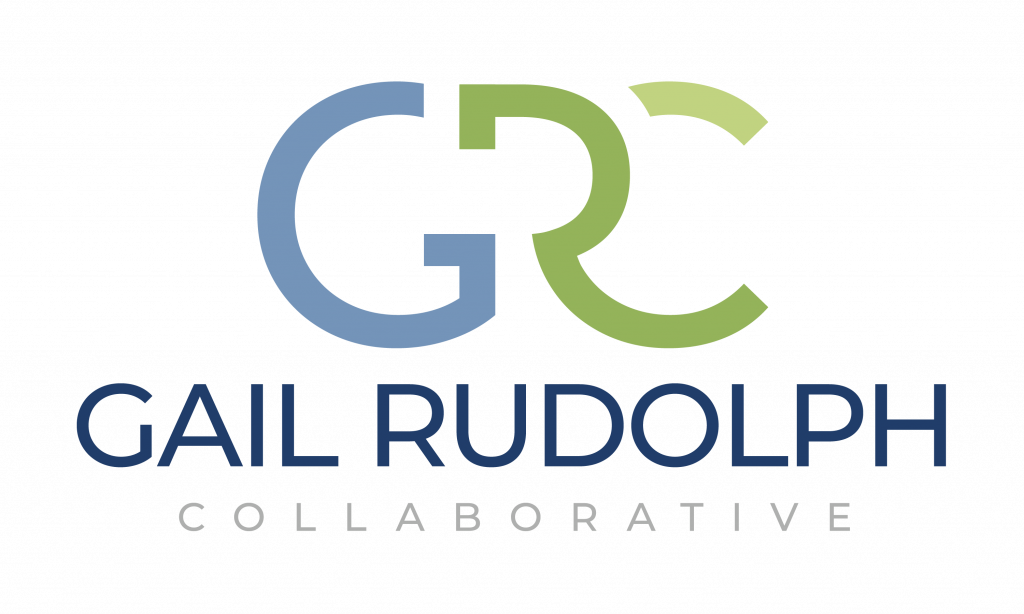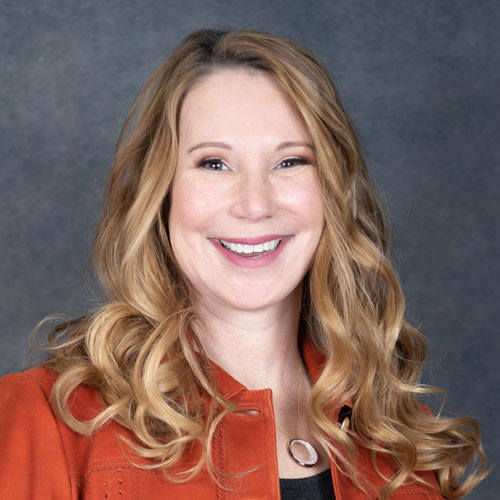Our mindset is an interpretive process that underpins much of our behavior and, ultimately, our ability to be happy. Mindset informs our relationship with success and failure, both personally and professionally.
Formed in early childhood, mindset is an internal monologue and perspective that supports all aspects of our life: work, school, relationships, and even how we lead.
Mindset can literally be interpreted as “how our mind is set.” Odds are we’ve all heard of being closed or open-minded, but Stanford psychologist, researcher, and author, Carol Dweck, has unearthed a lot about mindset that sheds light on the immense power of our mental perspective.
A mindset expert with over two decades of research conducted on both children and adults, Dweck has irrefutable proof that our mindset profoundly impacts our life. Dweck’s book, Mindset: The New Psychology of Success, delves into two mindsets she discovered in her research: the fixed mindset and the growth mindset.
Let’s look at each mindset in more detail.
The Fixed Mindset
Individuals with a fixed mindset believe that they are born with particular talents and skills, which are set in stone and cannot be changed. The fixed mindset outlook means that a person’s success is tied directly to intelligence, which is again predetermined and immutable.
People who hold this fixed mindset believe that real talent comes easily and should require no effort. If someone needs to work at, train, practice, or put in the time to achieve a skill or talent, that in and of itself proves they are not talented.
When it comes to failure or mistakes, those possessing a fixed mindset equate defeats as something to avoid. Failure in their mind means a lack of intelligence, a lack of talent, and a lack of success.
As a result of this concept of failure, fixed mindset people do everything possible to avoid making mistakes or in any way showing (or ‘proving’) their ineptitude.
For fixed mindset people, imperfections are shameful. Failure avoidance is crucial to maintaining their success, proving their talents, skills, and intelligence. With a hunger for approval, people with fixed mindsets are always seeking confirmation that confirms they are indeed successful and have superior talents and abilities. They also stay in their “safe zone,” consciously backing away from anything that threatens to pull the curtain back and expose their deficiencies.
The goal of a fixed mindset individual is to always “look smart and successful.” They relentless run on a hamster wheel of continually having to convince themselves and others of their success. To accomplish this, they must find ways to make themselves appear superior to others.
Remember: the fixed mindset means one is born with inherent abilities, and those talents should flow easily and without effort. If our abilities are innate, why should we fail? Why should we need to practice? And if we make a mistake, it must be because something or someone got in our way.
The Growth Mindset
In opposition to the fixed mindset is the growth mindset. Growth mindset people believe that any skill can be learned and improved upon with hard work, determination, effort, and practice.
With the growth mindset, true potential is unknown, and effort leads to possibilities. To the growth-minded, success is all about becoming smarter. And that means learning from feedback and failures, taking on challenges that stretch them to develop and grow.
That perspective leads to a joy of learning, of thriving on challenges, and not shying away from making mistakes. These folks see failures as an opportunity to learn, grow, and improve their abilities. This ultimately cultivates a sense of free will.

Mindset in Children
In a study conducted with young children, Dweck gave two groups, one group with a fixed mindset, the other with a growth mindset, ten initial problems to solve. The problems were all easy, and the children in both groups did well.
The fixed mindset children were each told that they did well because they were smart. The growth mindset kids were told they did well because they worked hard. 90% of the children praised for effort wanted more difficult problems to challenge themselves while those praised for being smart declined harder problems.
The growth mindset group reported having more fun and also improved their problem-solving abilities. The fixed outlook group stopped having fun when the problems got tougher, and their ability to solve the problems also declined.
One of the most surprising outcomes was that, when asked to write a letter to other children about the test, the fixed mindset children provided false, higher scores. They felt ashamed and compelled to cover up their exposed inadequacies to their peers.
Mindsets – We All Have Both
Dweck also discovered in her research that we all have a combination of fixed and growth mindsets. For example, many people have a fixed mindset about their creative talents, and others hold this mindset about their abilities with math.
The good news is, we can change our mindset. Simply by raising our awareness around these two very different outlooks, we can catch ourselves having that shame-based internal monologue of judgment and evaluation.
We can then embrace the growth mindset that allows us to put in the effort to become our best selves. A desire to learn new things, tackle skills that push us outside of our comfort zone, and see setbacks as motivating and informative enable us to let go of shame and superiority.
Striving to do our best and learning from our missteps is what defines success.
Do you or your team struggle with mindset? Executive coaching and team development & training can help guide you to a place of better understanding and acceptance of yourself and others.
Reach out and schedule a complimentary meeting to find out more about how Gail Rudolph Collaborative can help you shift your mindset to one of growth and empowerment.


